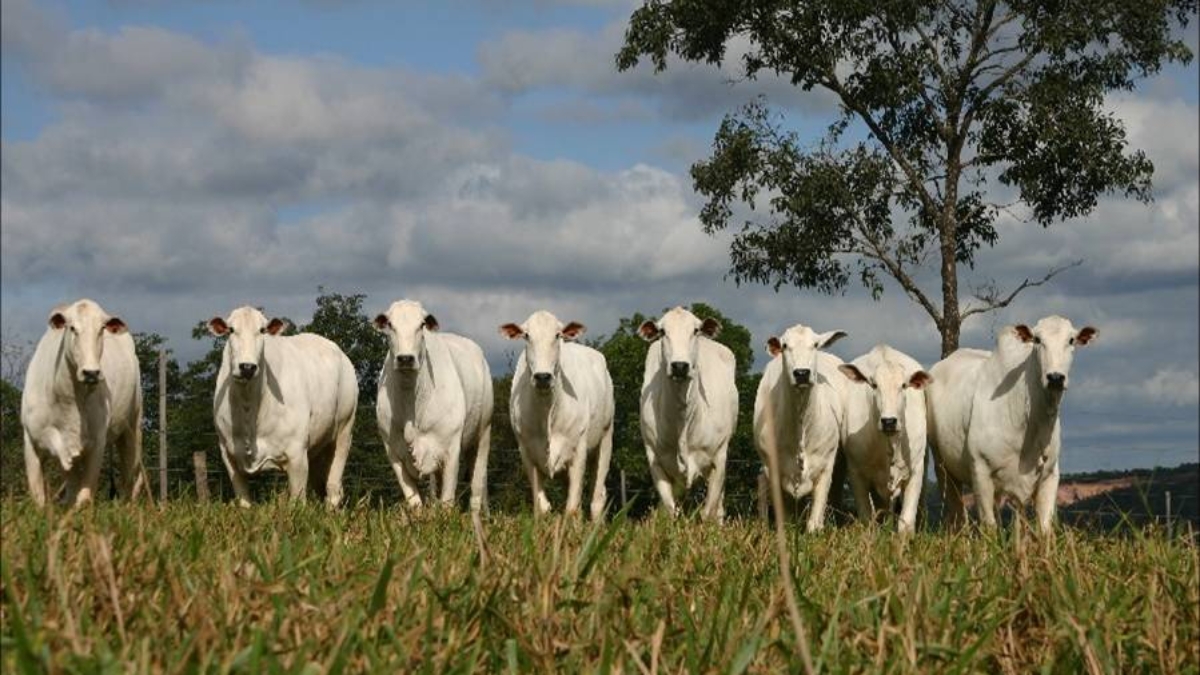NEW PUBLICATION

The recent 70% decline in deforestation in the Brazilian Amazon suggests that it is possible to manage the advance of a vast agricultural frontier. Enforcement of laws, interventions in soy and beef supply chains, restrictions on access to credit, and expansion of protected areas appear to have contributed to this decline, as did a decline in the demand for new deforestation. The supply chain interventions that fed into this deceleration are precariously dependent on corporate risk management, and public policies have relied excessively on punitive measures. Systems for delivering positive incentives for farmers to forego deforestation have been designed but not implemented. Territorial approaches to deforestation have been effective and could consolidate progress in slowing deforestation while providing a framework for addressing other important dimensions of sustainable development.
 Authors: Daniel Nepstad, David McGrath, Claudia Stickler, Ane Alencar, Andrea Azevedo, Briana Swette, Tathiana Bezerra, Maria DiGiano, João Shimada, Ronaldo Seroa da Motta, Eric Armijo, Leandro Castello, Paulo Brando, Matt Hansen, Max McGrath-Horn, Oswaldo Carvalho, Laura Hess.
Authors: Daniel Nepstad, David McGrath, Claudia Stickler, Ane Alencar, Andrea Azevedo, Briana Swette, Tathiana Bezerra, Maria DiGiano, João Shimada, Ronaldo Seroa da Motta, Eric Armijo, Leandro Castello, Paulo Brando, Matt Hansen, Max McGrath-Horn, Oswaldo Carvalho, Laura Hess.
Publication: Science 344,1118-1123 (2014).
Press Release: VT News

